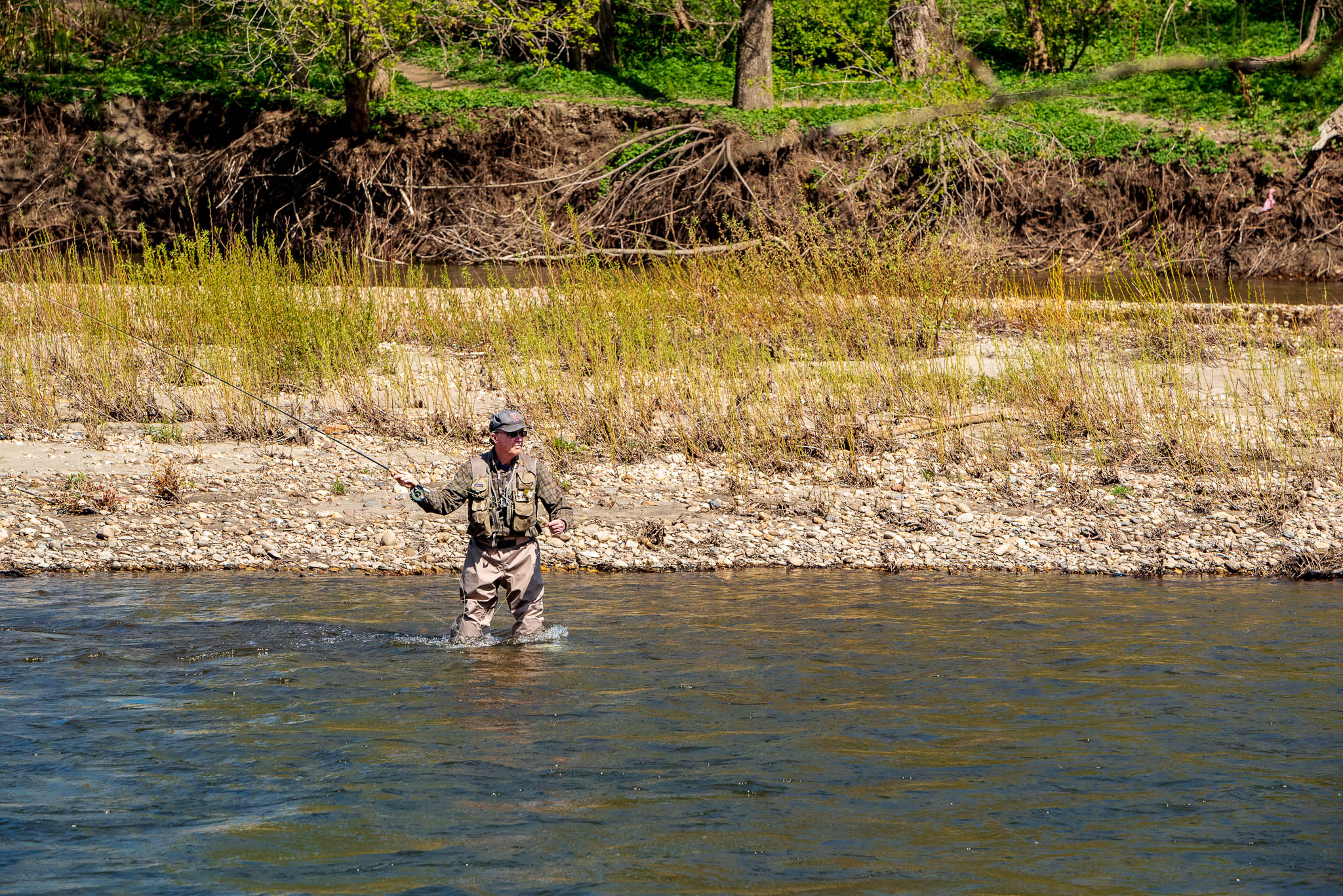VNRC and two other Vermont environmental organizations requested in late November that the Vermont Agency of Agriculture, Food & Markets (AAFM) review its Required Agricultural Practices (RAPs) (click to read the letter) to better protect Vermont’s water quality and soil health from climate change-induced weather patterns.
The 2021 Vermont Climate Assessment notes that both summer and spring precipitation have increased in the Green Mountain State, negatively impacting farm and forestry operations. With more precipitation, manure applied to farmland is more likely to be washed into surface waters than absorbed into the ground, affecting water health and soil quality due to excess erosion.
Increasingly intense rainstorms associated with climate change may also release more phosphorus and other nutrient pollution. These factors, combined with warming temperatures, create favorable conditions for cyanobacteria blooms, which can make water unsafe for drinking and recreation.
Accordingly, advocates from the Vermont Natural Resources Council, Lake Champlain Committee, and Conservation Law Foundation argue that AAFM should examine its RAPs to determine if they are adequate to protect farms’ soil resources and prevent erosion and harmful runoff of nutrient pollution into surface waters.
Recommendations include:
- Revisiting eligibility requirements for farms so that fewer farms, particularly those with adult livestock, are exempt from RAPs
- Ensuring that standards and restrictions for manure application are adequate
- Determining whether requirements regarding the storage of manure and other agricultural wastes need to be adjusted to take these weather events into account.
- Determining whether current requirements are adequate to protect farm structures from flood damage and protect private property downstream in case of destructive flood events
“Since the RAPs were first written, climate change has negatively influenced many factors affecting water and soil health in this state,” said Jon Groveman, Policy and Water Program Director at the Vermont Natural Resources Council (VNRC). “It’s time we revisit and revise many of these requirements to adequately protect our natural resources.”
“Polluted storm runoff from farms has the potential to destroy the health of Lake Champlain and other iconic waterways,” said Elena Mihaly, Vice President and Director of Conservation Law Foundation Vermont (CLF). “It’s clear that rain is washing untreated manure from farm fields into our waters. With the climate crisis bringing even heavier precipitation to Vermont, it’s time state officials get this problem under control.”
“The 2021 Vermont Climate Assessment and the 2021 Lake Champlain State of the Lake and Ecosystem Indicators Report highlight the impacts of climate change in our region and the trends are troubling,” said Lori Fisher, Executive Director of the Lake Champlain Committee (LCC). “It is likely that increased frequency and intensity of storm events will release more nutrients into our waterways, harming aquatic habitat, diminishing recreational opportunities, and causing economic harm. It’s important that AAFM review the RAPs to determine if updates are needed to protect water quality.”
Here, find the letter these advocates sent to AAFM last month.
###
Press contacts:
Jon Groveman, Policy and Water Program Director, Vermont Natural Resources Council
jgroveman@vnrc.org / 802-249-7736
Lori Fisher, Executive Director, Lake Champlain Committee
lorif@lakechamplaincommittee.org / 802-238-8321
Elena Mihaly, Vice President and Director, Conservation Law Foundation
emihaly@clf.org /




